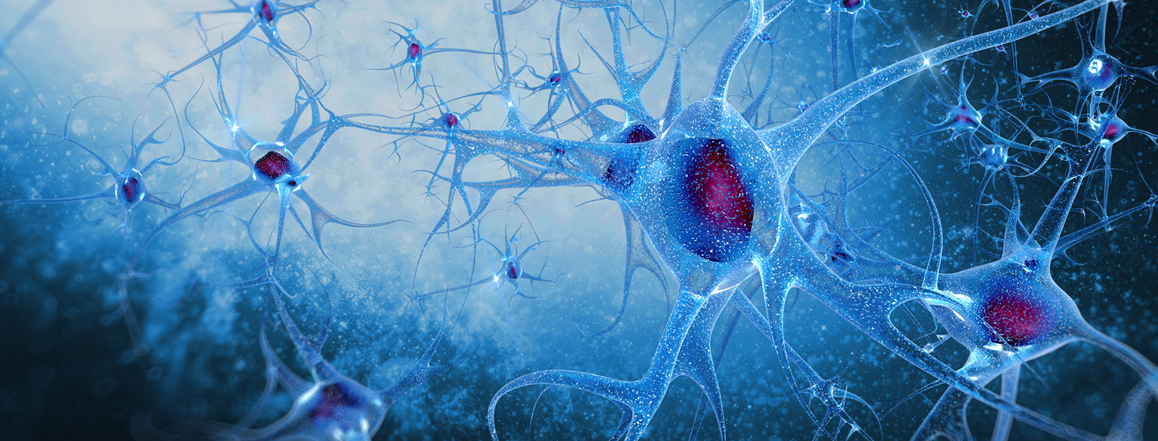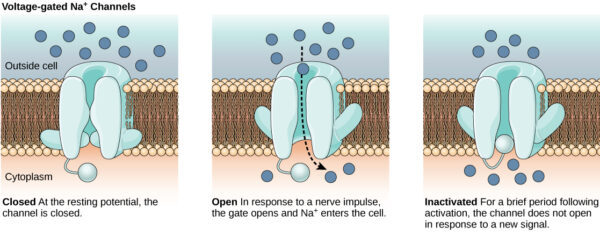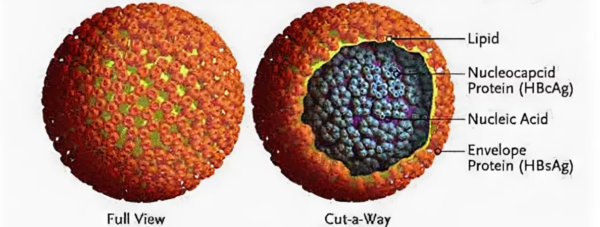Regenerative medicine is an innovative field that holds great promise for revolutionizing healthcare by harnessing the body’s own regenerative abilities to repair and restore damaged tissues and organs. To support and accelerate research in this rapidly evolving field, the Regenerative Medicine Focused Library offers a comprehensive collection of compounds, biomaterials, and tools designed to enhance regenerative processes. In this blog, we dive into the world of regenerative medicine, highlight key components of the Regenerative Medicine Focused Library, and discuss the potential impact of this library on therapeutic development and personalized medicine.
The Promise of Regenerative Medicine:
Regenerative medicine aims to restore organ function by harnessing the body’s natural healing capabilities through stem cells, growth factors, biomaterials, and tissue engineering techniques. It holds immense potential for treating a wide range of conditions, including cardiovascular diseases, neurodegenerative disorders, musculoskeletal injuries, and organ failure. The Regenerative Medicine Focused Library offers researchers a valuable toolkit to explore and enhance regenerative processes to address these healthcare challenges.
Components of the Regenerative Medicine Focused Library:
2.1. Stem Cell Modulators:
Stem cells are essential players in regenerative medicine, as they have the ability to differentiate into various cell types and regenerate damaged tissues. The library includes a diverse range of compounds and factors that influence stem cell behavior, such as differentiation, proliferation, and migration. These modulators can be utilized to advance our understanding of stem cell biology and optimize regenerative therapies involving stem cells.
2.2. Tissue Engineering Materials:
Tissue engineering combines cells, biomaterials, and growth factors to construct functional tissue substitutes. The library offers a wide selection of biomaterials, including biocompatible scaffolds, hydrogels, and bioinks. These materials provide a platform for the organization and proliferation of cells, facilitating tissue growth and regeneration. Researchers can explore the library’s vast array of biomaterials to design and optimize tissue engineering strategies for various applications.
2.3. Growth Factors and Cytokines:
Growth factors and cytokines play crucial roles in regulating cell behavior, migration, and tissue regeneration. The Regenerative Medicine Focused Library encompasses a range of growth factors and cytokines that can be used to modulate cellular processes, stimulate tissue regeneration, and promote angiogenesis. These factors offer researchers the opportunity to explore the therapeutic potential of growth factor-based interventions and enhance regenerative outcomes.
Advancing Therapeutic Development and Personalized Medicine:
The availability of the Regenerative Medicine Focused Library significantly accelerates therapeutic development and personalized medicine approaches within the regenerative medicine field. Researchers can leverage the library’s collection of compounds, biomaterials, and tools to screen for potential therapeutic agents, optimize regenerative strategies, and develop personalized treatments. The library’s resources aid in deciphering the complex mechanisms underlying tissue regeneration, enabling the design of innovative therapies tailored to individual patients.
Transforming Healthcare with Regenerative Medicine:
Regenerative medicine has the potential to transform healthcare by offering new treatment options for previously untreatable conditions and enabling tissue and organ regeneration. The Regenerative Medicine Focused Library plays a crucial role in advancing the field by facilitating research, promoting discoveries, and expediting therapeutic development. Through the library’s resources, scientists and clinicians can unlock the regenerative potential of the human body, paving the way for groundbreaking therapies that restore health and improve the quality of life for countless individuals.
Conclusion:
The Regenerative Medicine Focused Library is a valuable resource for researchers, clinicians, and industry professionals dedicated to advancing regenerative medicine. With its comprehensive collection of stem cell modulators, tissue engineering materials, and growth factors, the library enables the exploration and optimization of regenerative processes across various therapeutic applications. By harnessing the power of regenerative medicine and leveraging the resources within this library, we embark on a journey to reimagine healthcare, ushering in a new era of personalized regenerative therapies for a wide range of diseases and injuries.




